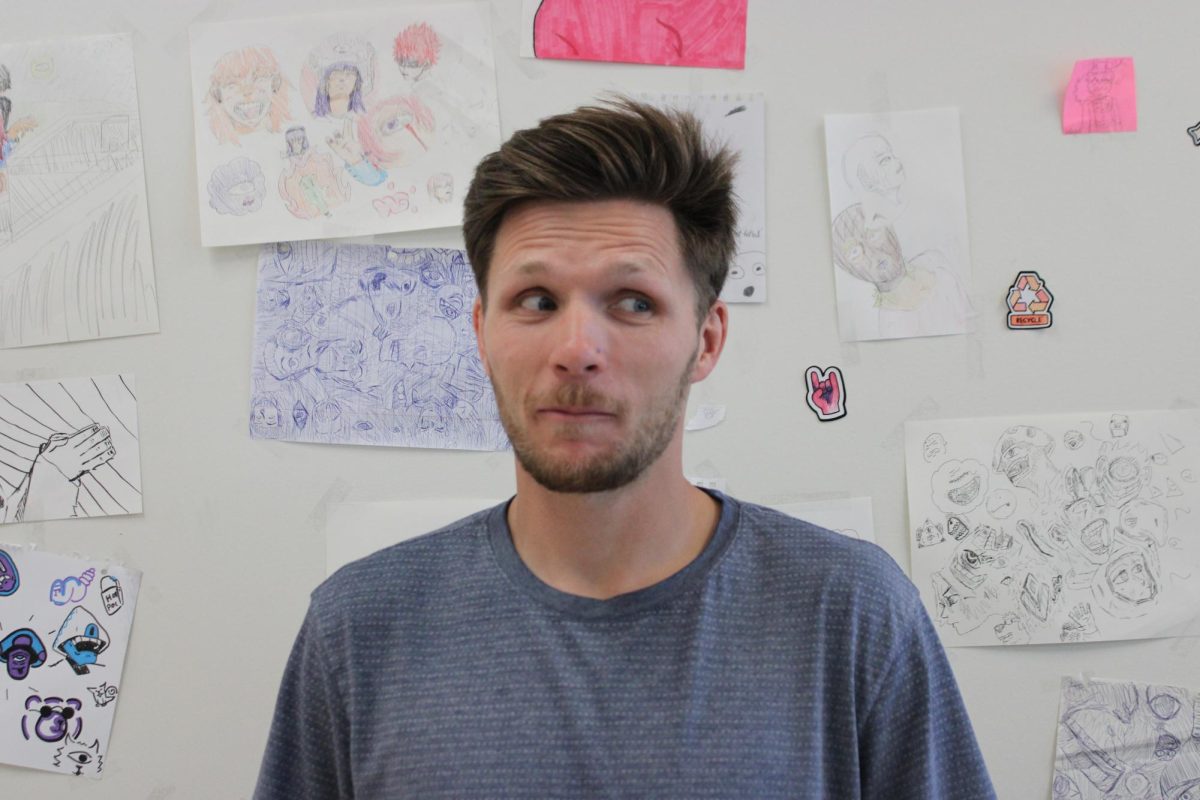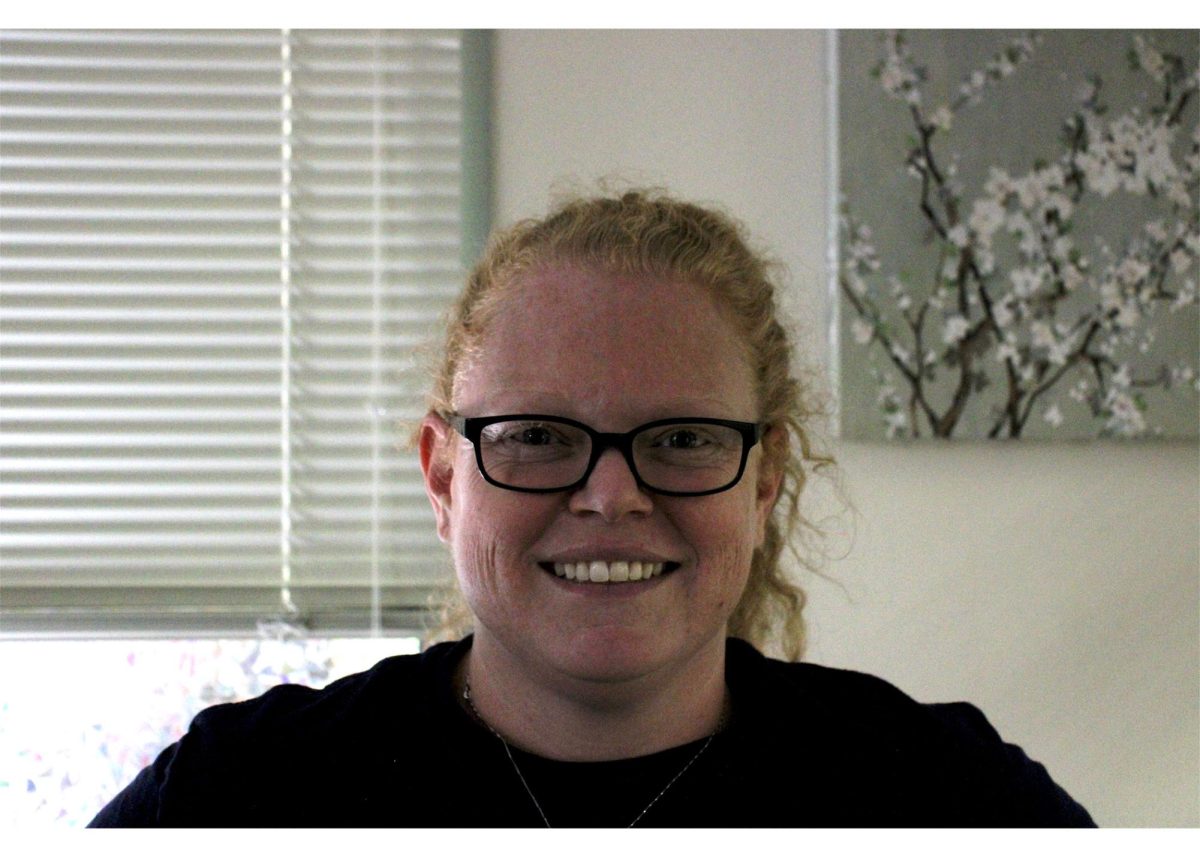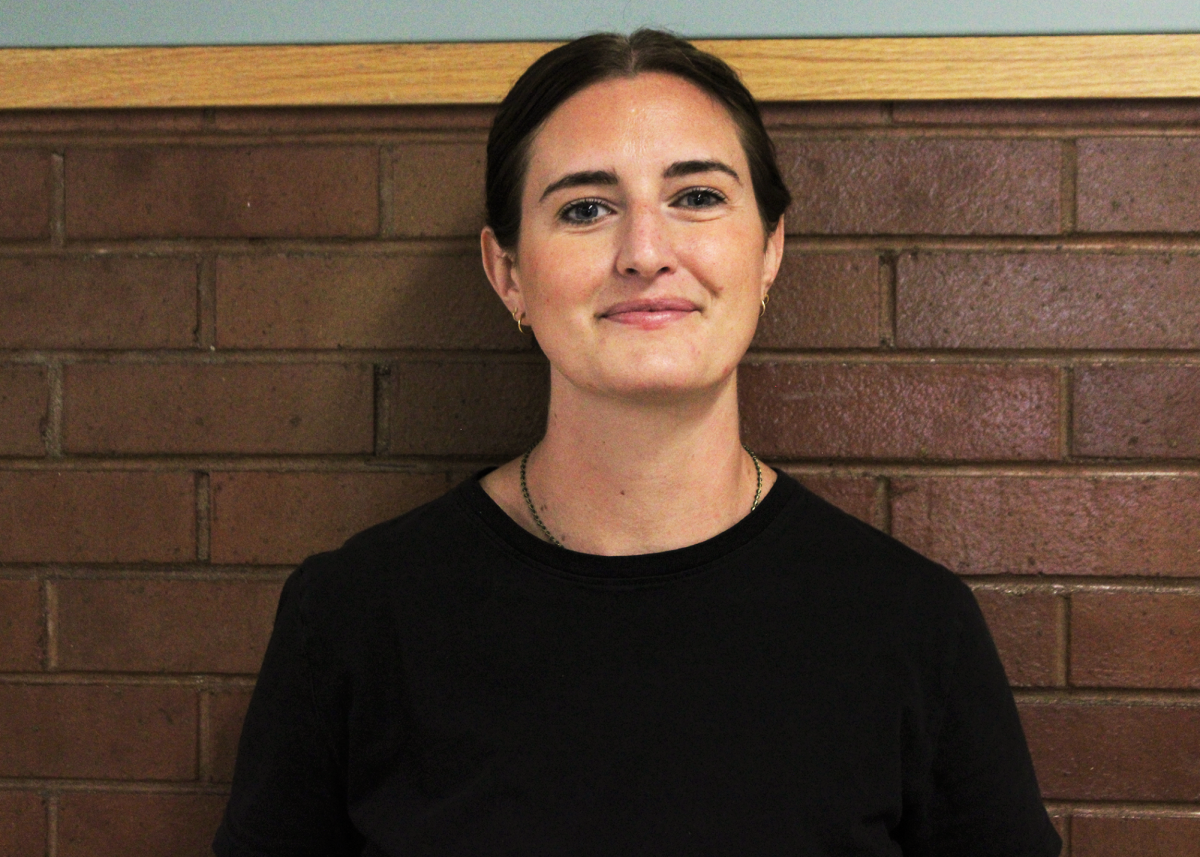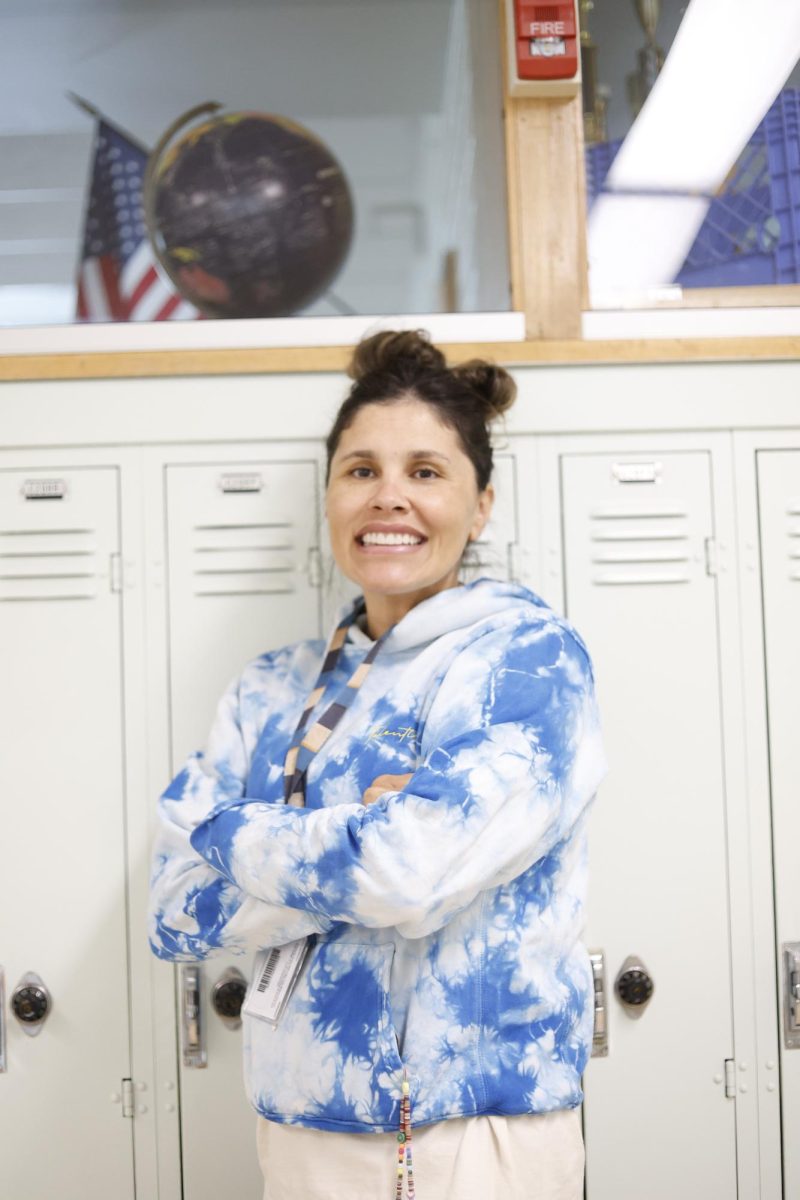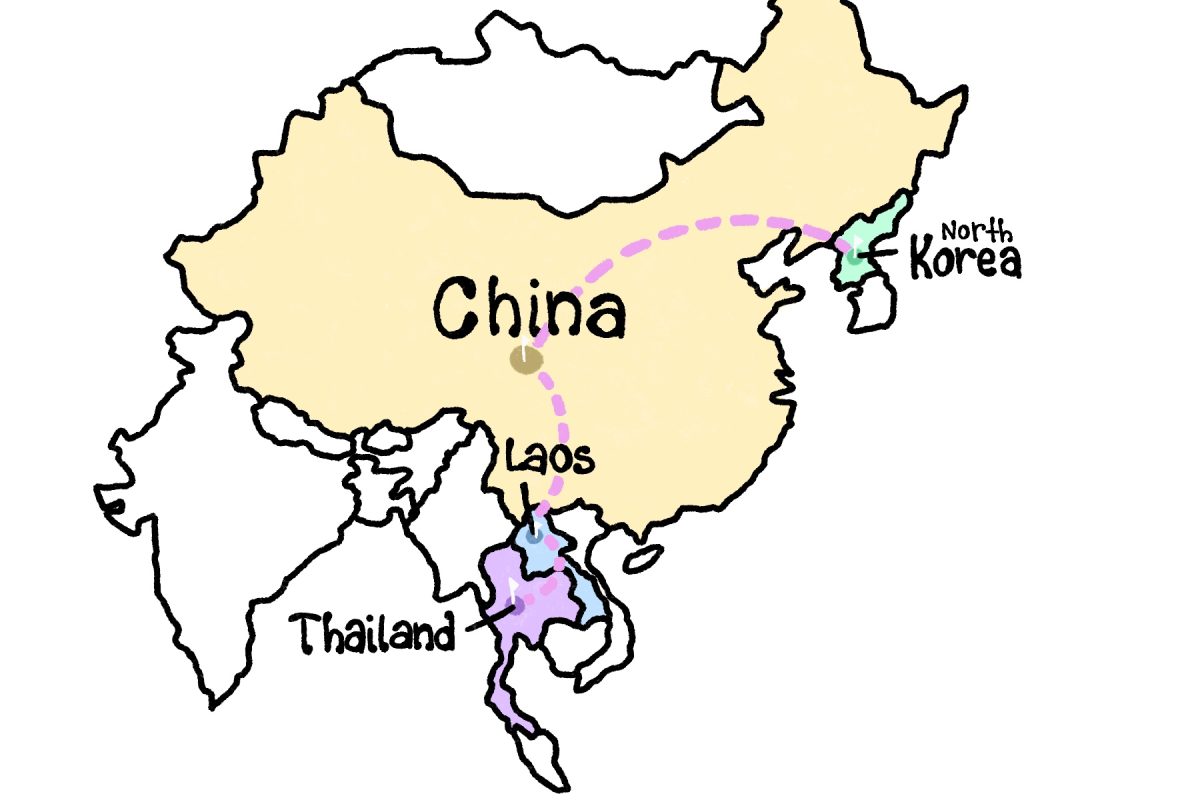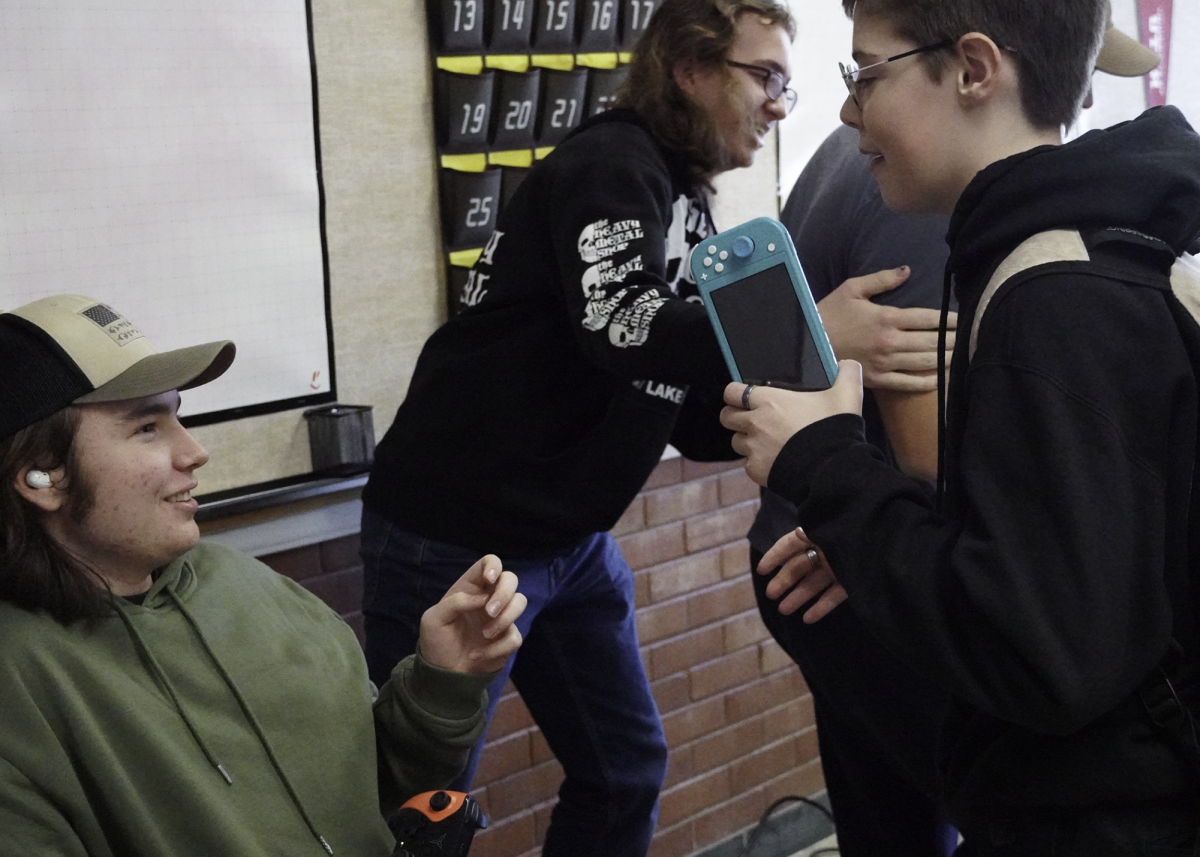From Fútbol to Football
December 2, 2015
When Fernando Treceño first set foot in Highland, he didn’t know what to expect. It was his first experience in an American school. Would he find all his classes? Would he understand his teachers? Would he know how to open his locker? And he certainly did not expect to be asked, “Do you like to tackle?” by his weight training teacher.
Treceño, a sophomore, arrived from Madrid just two weeks before the school year started. It would seem like someone from Spain would have a hard time adapting to a completely new country, but for Treceño it has been easier than expected.
On his first day of class, Brody Benson took an interest in Treceño.
“I realized real fast that he is not from the United States,” Benson said. “So I decided to ask him what sports he played.”
Like many other Spaniards, Treceño is a soccer player. This caught the football coach’s attention, because the sophomore football team was in need of a kicker. So, on his very first day, Treceño was asked to join the football players in their training that afternoon. It was a really hard first practice for him, as he was not used to the amount of running and the difficulty that comes with training for football.
Football is a very tough sport. It is physically demanding and has complicated strategies. In the case of Treceño, the most basic rules of the game had to be explained, because it isn’t played in Spain. He was confused the first time the referee threw a yellow flag on the field and the team had to move backwards. But Treceño signed up for the team and has stuck with it ever since.
The sport has taken over Treceño’s schedule. He trains Monday through Wednesday from three to six, attends the team dinners every Thursday after the sophomore game, and accompanies the team to the varsity games every Friday. This seems like a lot to take on for a new student, studying in a new language, but Treceño explains how this is one of the best sports experiences he has ever had.
“In Spain, no one attends the games,” Treceño said. “But here it is like we are all one big family.”
His newfound love for the sport was strengthened when he made an extra point kick on the sophomore game against Woods Cross.
“I was very happy to help the team in any way possible” Treceño said.
Treceño has also found many of his friends through football. Though they speak different languages, and Treceño still can’t express himself well in English, he and the rest of the football players seem to be getting along great.
“He is a fun kid,” Benson said. “The team has really taken to him”
Treceño prefers to speak in Spanish when interviewed, making it complicated at times to translate into English. He also prefers to speak in Spanish on the field. This can be problematic because the language barrier impedes the coaches to communicate effectively with Treceño. With help from Spanish speaking students like senior Edward Roman, the coaches have been able to communicate enough for Treceño to understand his job as a kicker. Treceño now understands that being a kicker is not simply lining up and kicking the ball. The coaches want the ball to be kicked on to different positions on the field, depending on the strategy they are using. This makes communication critical. It is still complicated at times, however, because Spanish from Latin America and Spanish from Spain are very different.
“[Spanish from Spain and Spanish from Latin America] are like two different languages,” Roman said.
Treceño, however, has plans to pursue other positions in football. Since he is only a sophomore he has opportunities to move on from the kicker position. He is especially interested in the running back or quicker position.
“He’s not a small kid, he is put together well and he has strong legs,” Benson said. “I see him being more on the defensive side of the ball, possibly a corner or a safety.”
Moving to a new country has its difficulties. There are many things that are different in America. Treceño misses the rich culture and delicious food that one can enjoy in Spain. He pines for the excitement of the city and Mediterranean lifestyle. Treceño and his family are handling these challenges with grace, and football has eased this challenging transition.
Football has enhanced Treceño’s ability to adapt to his new environment and at the same time, to have a uniquely American experience as part of a united and supportive team.




